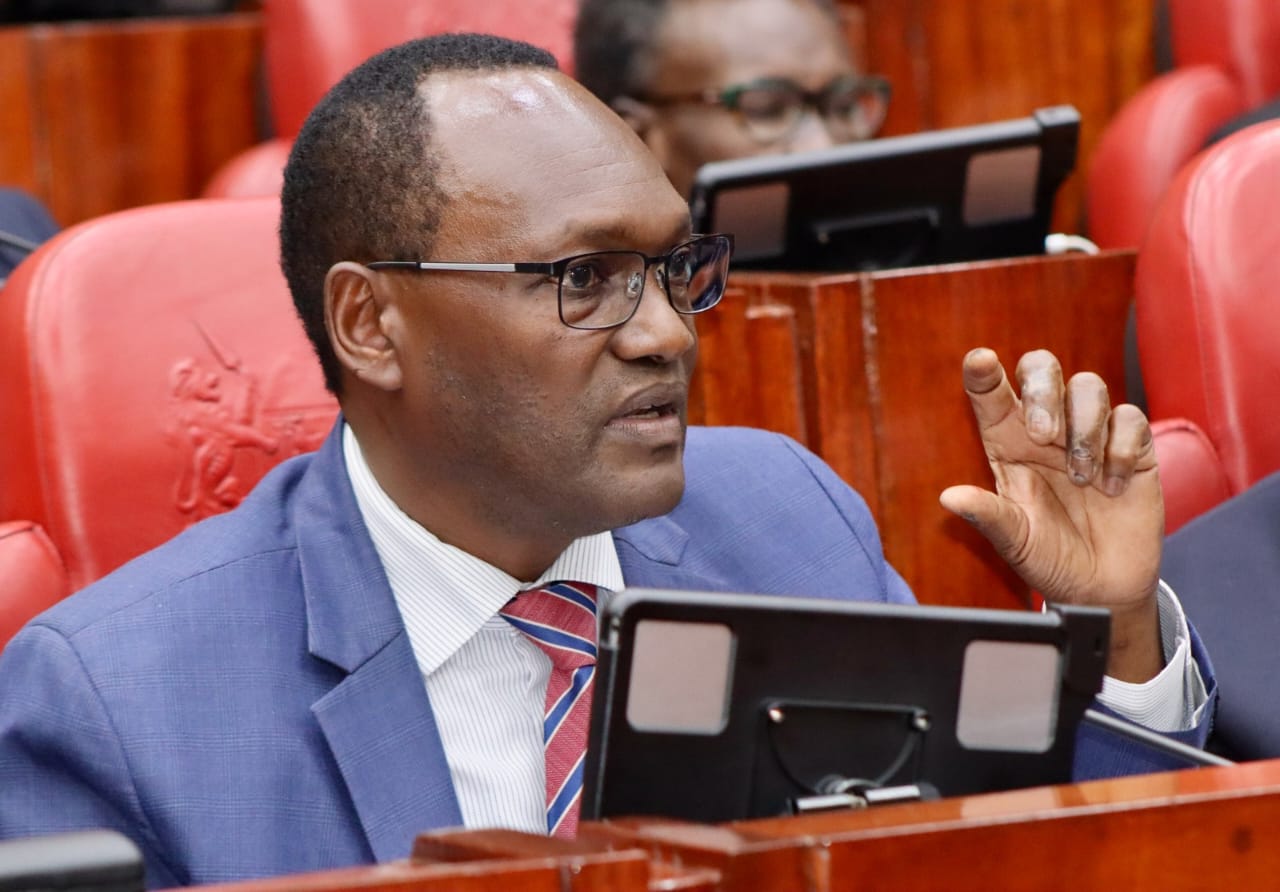At a Glance
- Kenya raises $1.5 billion Eurobond to ease refinancing, cut borrowing costs.
- Proceeds target 2028 Eurobond buyback, reducing default risks.
- Nairobi explores $1 billion debt-for-food-security swap by 2026.
Kenya has secured $1.5 billion in a dual-tranche Eurobond sale, strengthening its debt buyback plan and easing refinancing risks as the government looks to stabilize public finances and reassure investors in global markets.
The Finance Ministry said Friday the East African nation priced a 7-year bond at 7.875% and a 12-year note at 8.8%, averaging 8.7%—almost one percentage point lower than early 2025 projections.
A strong appetite for African sovereign bonds was evident, with investor orders topping $7.5 billion.
“This deal eases pressure on taxpayers, boosts investor confidence, and creates fiscal space for development priorities,” Treasury Principal Secretary Chris Kiptoo said in a statement.
Debt buyback targets 2028 Eurobond
Proceeds will partly retire $1 billion of Kenya’s February 2028 Eurobond, shifting from “bullet” repayments toward amortizing bonds to ease fiscal strain.
The move follows a similar step earlier this year when Nairobi repaid part of a 2027 Eurobond to manage refinancing risks.
Kenya’s public debt now stands at nearly 70% of GDP, and repayment concerns have been amplified by a weaker shilling and last year’s $2 billion Eurobond maturity.
Although Kenya cleared that bond in June, the episode heightened default fears across African markets and underscored the importance of active liability management.
Exploring debt-for-food-security swap
Beyond Eurobond refinancing, Kenya is preparing innovative financing tools, including a proposed $1 billion debt-for-food-security swap by March 2026.
The plan would free resources for agriculture and food resilience while reducing external debt exposure, positioning Kenya as a test case for blended finance in Africa.
Investor confidence in African debt markets
Kenya’s $1.5 billion Eurobond issuance highlights a broader shift in African debt management, where proactive buybacks and innovative swaps are critical to maintaining fiscal stability.
For Nairobi, the deal offers immediate relief on repayments, lowers borrowing costs, and strengthens its position in international capital markets.





